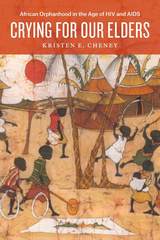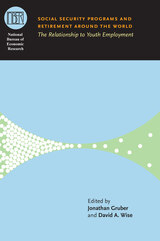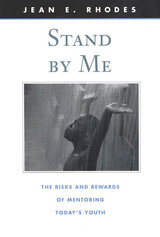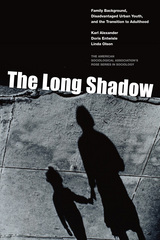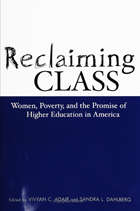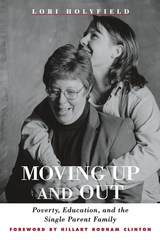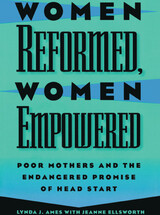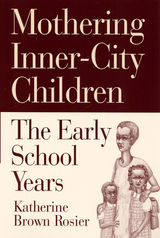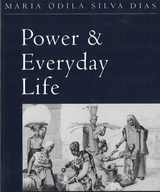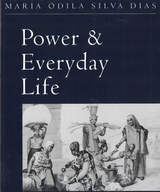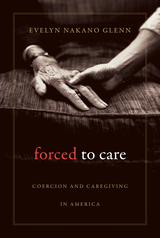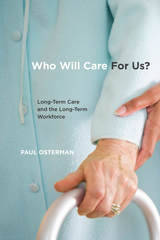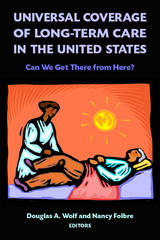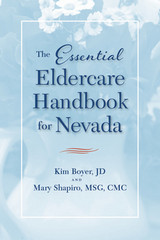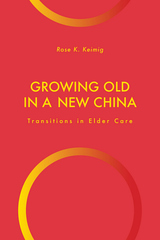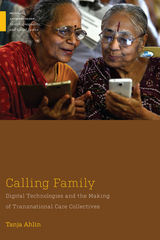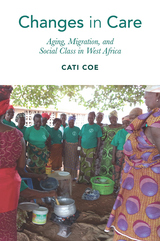Women Reformed, Women Empowered: Poor Mothers and the Endangered Promise of Head Start
Temple University Press, 1996
Cloth: 978-1-56639-492-5 | eISBN: 978-1-4399-1653-7 | Paper: 978-1-56639-493-2
Library of Congress Classification HV1446.N5A54 1997
Dewey Decimal Classification 362.838
Cloth: 978-1-56639-492-5 | eISBN: 978-1-4399-1653-7 | Paper: 978-1-56639-493-2
Library of Congress Classification HV1446.N5A54 1997
Dewey Decimal Classification 362.838
ABOUT THIS BOOK | REQUEST ACCESSIBLE FILE
ABOUT THIS BOOK
By chronicling the everyday experiences of women in a rural Head Start program, Lynda J. Ames and Jeanne Ellsworth examine the processes of underprivileged women working to make a better life for themselves and their families. The authors explain that in order to empower its participants, the Head Start program allows many women to work as aides or on advisory boards in order to learn how to impact the structures that constrain their lives. This enables participants to take more control while receiving financial assistance and other opportunities for new social support structures.
Head Start was designed around the assumption that its aim should be to "correct" certain presumed deficits of parents, and many policymakers and participants swear by the program for its capacity to empower and its remarkable success rate. Unfortunately, while empowerment can make women's lives more manageable and more rewarding, many administrators feel that it does not change the immediate structure of poverty. In the search for a program design that provides more accountability, administrators are moving to take more control of local programs, thereby decreasing the mothers' control and threatening the flexibility and the empowerment potential of the program, two key factors that have made Head Start so successful.
It is this struggle for control of the women's day-to-day lives and families that Ames and Ellsworth reveal through personal stories. Women Reformed, Women Empowered is not only a testament to the successes of the program, but a story of poor women finding the resources they need, and a call to reevaluate disempowering policies that can drive underprivileged families deeper into apathy and hopelessness.
Head Start was designed around the assumption that its aim should be to "correct" certain presumed deficits of parents, and many policymakers and participants swear by the program for its capacity to empower and its remarkable success rate. Unfortunately, while empowerment can make women's lives more manageable and more rewarding, many administrators feel that it does not change the immediate structure of poverty. In the search for a program design that provides more accountability, administrators are moving to take more control of local programs, thereby decreasing the mothers' control and threatening the flexibility and the empowerment potential of the program, two key factors that have made Head Start so successful.
It is this struggle for control of the women's day-to-day lives and families that Ames and Ellsworth reveal through personal stories. Women Reformed, Women Empowered is not only a testament to the successes of the program, but a story of poor women finding the resources they need, and a call to reevaluate disempowering policies that can drive underprivileged families deeper into apathy and hopelessness.
See other books on: Empowered | Head Start | Head Start Program (U.S.) | Poor women | Services for
See other titles from Temple University Press




